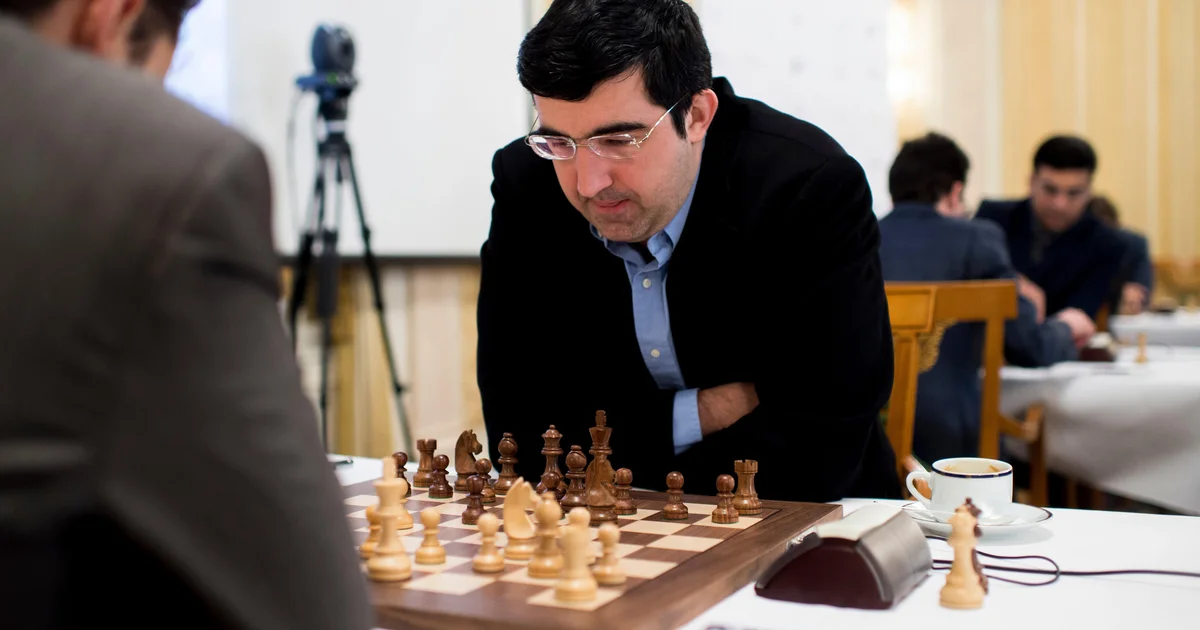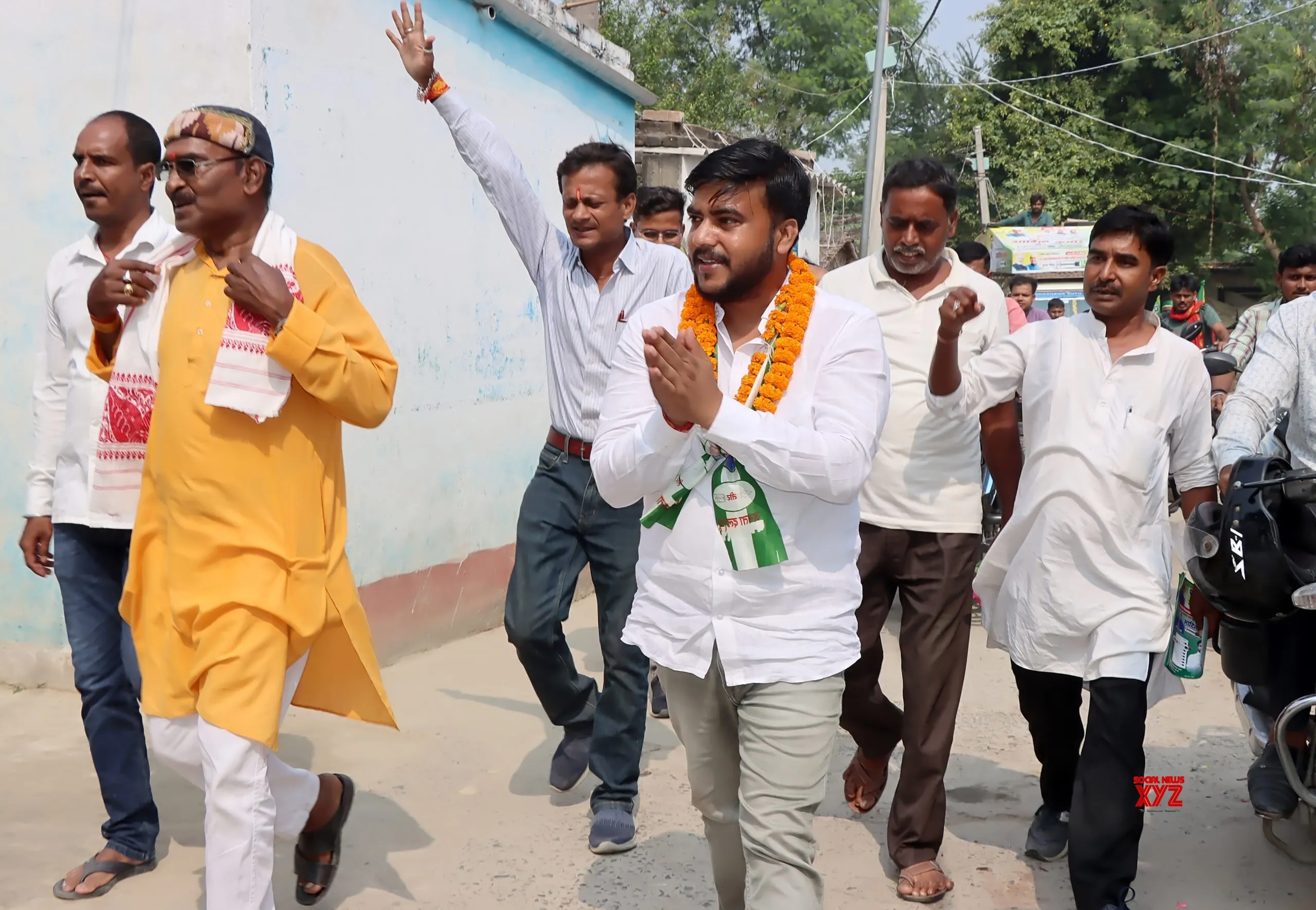Copyright Newsweek

The resumption of nuclear weapons testing by the United States will undermine national security, arms control advocates told Newsweek. Daryl Kimball, executive director of the Arms Control Association, denounced President Trump’s directive for the Department of War to immediately restart nuclear weapons testing for the first time in more than 30 years as reckless and unclear. “Somebody needs to talk to an adult at the White House and find out what the heck he’s talking about,” Kimball told Newsweek early Thursday. “I can’t discern his grumblings beyond what you can. If he’s talking about resuming weapons test explosions for the first time since 1992, he is misinformed about what that’s for and whether it’s necessary.” Kimball said Trump’s announcement on Truth Social on Wednesday was likely to spark strong opposition in Nevada, where the last nuclear detonations in the U.S. occurred underground, as well as potential ramifications abroad. “It’s not militarily, technically or politically necessary,” Kimball continued. “It would lead to a chain reaction of nuclear tests by other countries, including Russia, probably North Korea, maybe China, and it would undermine U.S. security because the United States has conducted more nuclear tests — 1,030 — than any other country.” Trump’s proposal will also face “tremendous opposition” from Congress, Kimball said, including legislators in Nevada like U.S. Rep. Dina Titus, who indicated late Wednesday she intends to introduce legislation to “put a stop” to Trump’s proposed shift. The resumption of nuclear testing at the former site in Nevada would take up to 36 months and cost up to “hundreds of millions,” Kimball said. “Many hundreds of millions of dollars,” he said. “If you can imagine, you’ve got to drill a vertical shaft, you have to bring in cranes, equipment, drillers, personnel. You have to make sure that containment is right and you have to get federal reviews, etcetera, etcetera. Congress would have an opportunity at some point to block this.” North Korea is the lone country to have conducted a nuclear test explosion this century and the United States signed the Comprehensive Nuclear Test Ban Treaty in 1996, Kimball said. “Most of all, we need to be asking why,” Kimball added. “What is the purpose? How does this advance our interests? This would take us back to the worst days of the Cold War where the U.S. and the Soviet Union were conducting tit-for-tat atmospheric nuclear test explosions to simply show the other side that we’ve got big bombs too.” Kimball said Trump’s announcement represented an “incoherence and inconsistency” regarding nuclear weapons, citing prior recent calls to denuclearize. “And now he’s talking about responding with our own nuclear tests,” he explained. “It’s incoherent, it’s illogical and when it comes to nuclear weapons, we simply cannot afford the kind of zig-zagging policies that we’re seeing from Trump on so many other topics.” A message seeking additional details from the White House on Trump’s directive was not immediately returned on Thursday. Alicia Sanders-Zakre, policy and research coordinator for the International Campaign to Abolish Nuclear Weapons (ICAN), characterized Trump’s announcement as “incoherent, untrue and alarming,” alleging his misrepresented the size of arsenals in the U.S., Russia and China. Trump has also mistakenly claimed that China and Russia are currently testing nuclear weapons and directed the incorrect agency — the Department of War — to resume testing rather than the Department of Energy, which oversees the nation’s nuclear warheads, Sanders-Zakre said. “The fact that Trump referenced Russian and Chinese activities and the Department of War could be interpreted as signaling that he was referring to testing nuclear-capable missiles, which all three countries do regularly test,” she told Newsweek. The most recent nuclear test in the United States took place at the Nevada National Security Site, where nearly 1,000 detonations have occurred. Other U.S.-led detonations have happened in New Mexico, the Marshall Islands and Kiribati in the central Pacific, where joint testing occurred with the United Kingdom, Sanders-Zakre said. In 2005, the National Cancer Institute estimated that 22,000 cancers resulting in 11,000 U.S. deaths would be caused in the aftermath of the Nevada nuclear tests, Sanders-Zakre added. “Nuclear detonations in the Pacific obliterated entire atolls, and left others uninhabitable to this day,” she wrote in an email. “It was due in large part to the nationwide and global opposition to nuclear test detonations – and their clear devastating impacts for people and the environment – that nuclear test detonations were prohibited by the Comprehensive Test Ban Treaty in 1996.” Any move by the United States to restart nuclear testing will evoke “widespread national and global condemnation,” Sanders-Zakre said. The United States is slated to spend $95 billion on its nuclear arsenal per year over the next decade and ICAN estimated global nuclear spending last year at $100 billion, she said. “Any additional funds wasted on weapons of mass destruction is diverting resources that could address real security needs,” Sander-Zakre wrote in an email. A senior Russian lawmaker, meanwhile, also warned Thursday that any move by the United States to resume nuclear testing could trigger global instability. Dr. Emma Belcher, a nuclear proliferation expert at Ploughshares, a nonprofit that aims to reduce nuclear threats, described Trump's directive as "reckless, needless and dangerous" for national and world security. "While the details of this policy shift are unclear, including whether Trump is referring to missile testing or explosive nuclear tests, it threatens to upend relations between nuclear-armed states and push the world deeper into a new arms race," Belcher told Newsweek in a statement. "If the U.S. breaks its 30-year moratorium on nuclear tests, China and Russia will likely return to wide-scale explosive testing. On the international level, this will heighten the risks of great power competition and increase the likelihood that strategic tensions lead to nuclear catastrophe."



